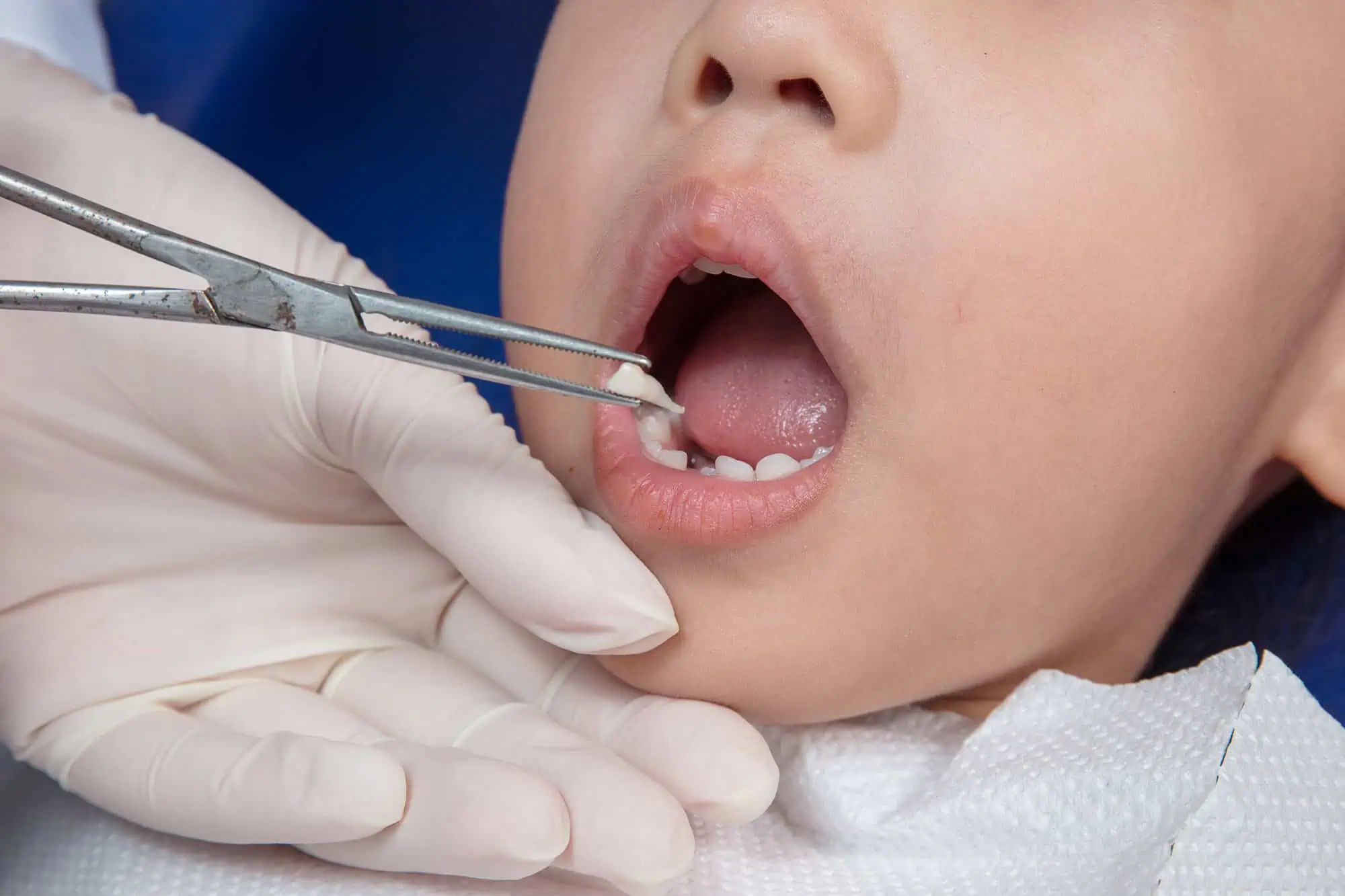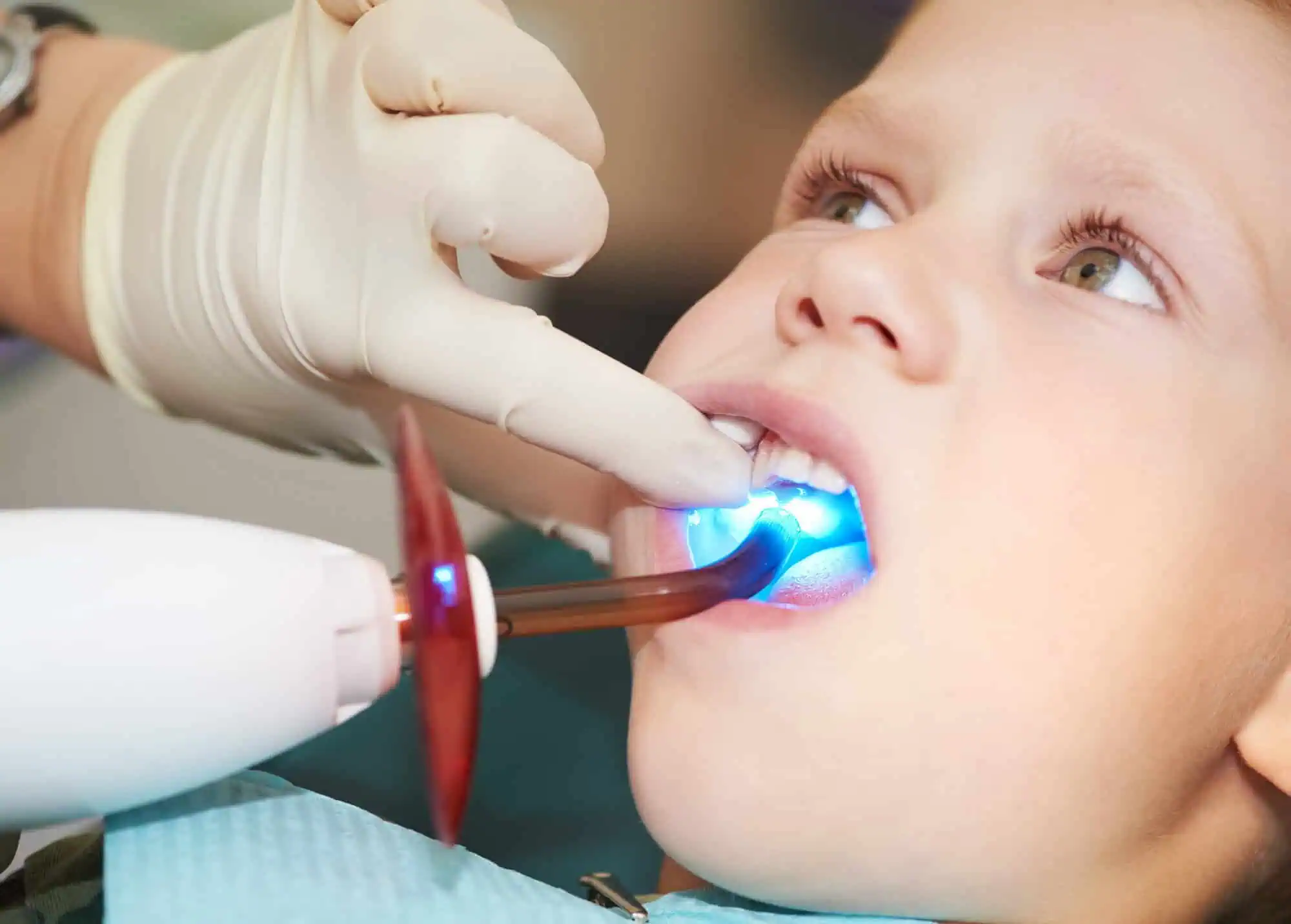Sugar has been around for over 10,000 years. It has been consumed by humans since ancient times! Sugar is said to have origins in the Indian subcontinent and there are indications of early sugar consumption in South-East Asia. Although it may have been around for thousands of years and it may taste delicious, that does not mean it is good for your oral health. You have probably already heard about how sugar is bad for your teeth; but how does sugar really affect your teeth.
Does Sugar Cause Cavities?
We are always told that sugar can cause tooth cavities, but is that actually true? Cavities are damaged areas in the teeth that can develop into tiny holes. Small cavities can lead to toothaches, infections, and even lost teeth if the cavity is not treated. Sugar itself does not do much harm to your teeth; harmful bacteria in the mouth is what causes cavities. Sugar provides a source of nutrients to harmful bacteria in your mouth. These bacteria produce acid which helps break down food before it reaches your stomach. When sugar is overconsumed, the harmful bacteria in your mouth is given more food and it produces excess amounts of acid. This acid starts attacking your tooth enamel, which ultimately results in cavities and tooth decay. The more sugar you consume, the more food the bacteria have, which causes it to grow and reproduce at rapid rate. So yes, sugar does cause cavities, but only when it is overconsumed.
Does Sugar Also Affect Your Gums?
While the overconsumption of sugar can affect your teeth; can it also affect your gums? Sugar can indeed affect your gums. When sugar is overconsumed, the harmful bacteria begin to reproduce and produce acid that effect the mouth. This can lead to gum disease. To recognize gum disease, look closely at your gums. In the early stages of gum disease, also known as gingivitis, the gums become inflamed. They will appear red and are tender to the touch. The gums may also bleed while brushing and flossing your teeth. If the signs are not noticed and the disease is left untreated this can develop into early periodontal disease. This can develop into much more if it is continued to be left untreated, and it can eventually ruin your gums.
How Can You Prevent Cavities and Gum Disease?
Good oral and dental hygiene can help prevent you from having cavities and gum disease. Here are a few tips to obtain good oral and dental hygiene:
- Visit your dentist regularly
- Avoid eating too much sugar or acidic drinks, and drink more water instead
- Brush your teeth regularly and properly, at least twice a day for 2-4 minutes
- Floss between your teeth daily
- Eat nutritious or healthy foods
- Rinse your mouth with mouthwash










